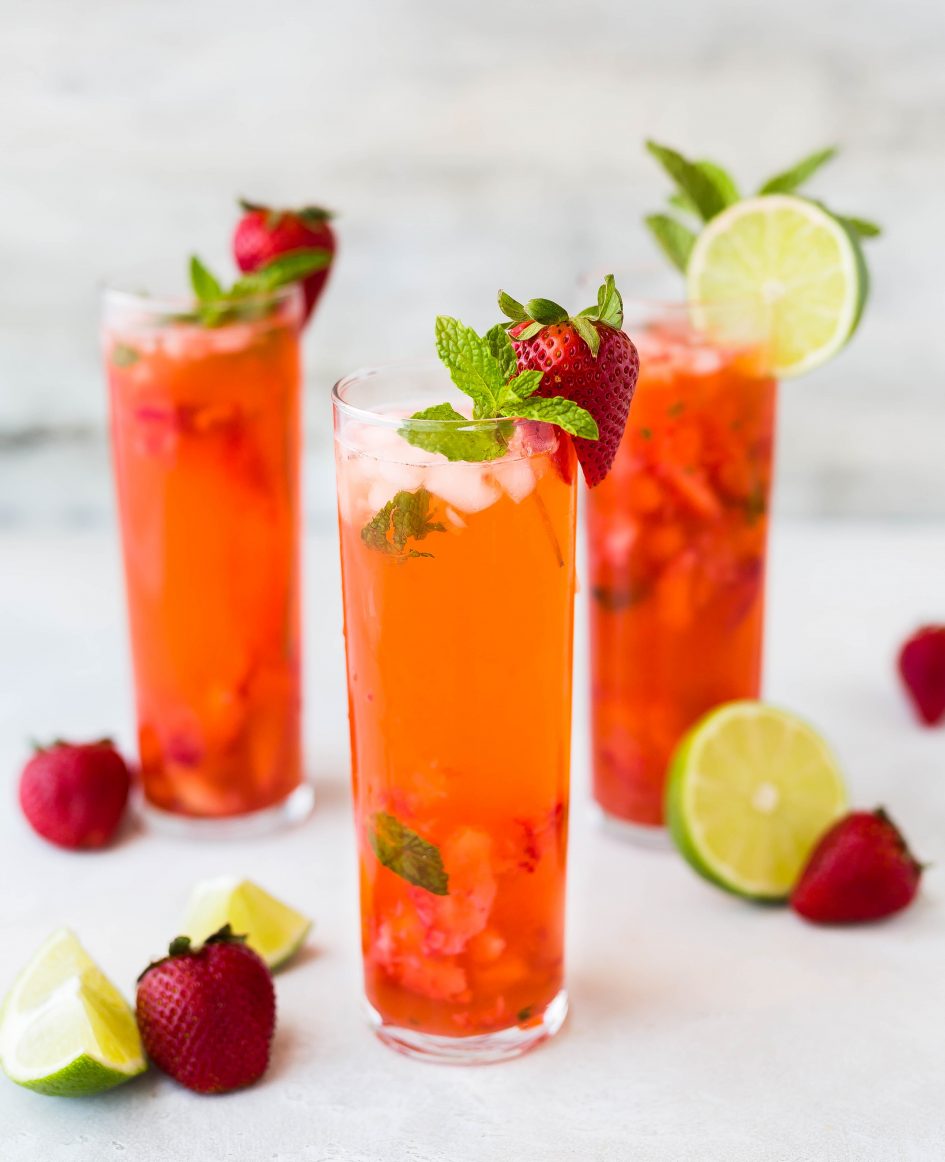There’s a lot of buzz about probiotics these days. Probiotics are live bacteria. We often think of bacteria as bad, but that’s not always the case. The human gut contains an estimated 100 trillion (with a “t”) bacteria. These bacteria, referred to as gut flora, influence your health in a multitude of ways including extracting energy from food and boosting immunity. There’s still a lot of research that needs to be done, but so far the science suggests that probiotics are the most helpful to people with digestive problems, and those who are obese or have diabetes.
Here are some foods that are packed with probiotics:
Yogurt is perhaps the most popular source of probiotics. A single serving of yogurt can contain billions of healthy bacteria. When selecting yogurt, be careful of high-calorie varieties that are loaded with sugar. For a healthier version, make your own parfait with live-cultured yogurt and fresh fruit.
Miso is a probiotic paste made from fermented rice, beans or barley that’s frequently used in Japanese cuisine. Miso is full of antioxidants and synthesizes B12, which is particularly valuable to vegans since this is a difficult nutrient to get without consuming animal products. Add miso to dressings, sauces and rice bowls. If you have high blood pressure or a heart condition, be mindful when consuming miso because it’s high in sodium.
Sauerkraut is fermented cabbage and has a surprising amount of nutrients, such as fiber, vitamins C and K, and iron. If you want to reap the benefits of its probiotic properties, skip pasteurized versions.* Sauerkraut can be added to sandwiches, soups and a variety of meals. Other fermented vegetables are beneficial as well, such as pickles. Kimchi, a traditional Korean food, is a spicy form of sauerkraut. It is loaded with vitamins and research suggests it has a variety of health benefits. Kimchi is a rich source of probiotics if you can handle the heat. Add kimchi to salads, stir-fries, noodle bowls or Asian-inspired street tacos.
Kefir is a yogurt-like beverage made from fermented milk and kefir grains. It is comprised of yeasts and healthy bacteria that aren’t available in regular yogurt. Kefir is high in protein, calcium and vitamins. Tangy and slightly effervescent, it’s good to drink straight up (flavored versions are available) or use as a base for smoothies. Another idea is to use it to make overnight oats using equal parts rolled oats and kefir (vanilla and coconut-flavored varieties work well for this).
Kombucha is fermented tea. Flavorful and fizzy, it’s a low-calorie beverage option that packs a probiotic punch when unpasteurized.* Though it may seem like a recent health fad, Kombucha has been around for thousands of years. It is now widely available at grocery stores and comes in a variety of flavors. Create a tasty beverage using kombucha, sparkling water, fruit (berries add nice flavor) and herbs (like basil and mint). Serve over ice for a healthy refreshment.
Tempeh is made from fermented soybeans or grains. It is high in protein and probiotics, as well as iron. Tempeh is versatile and a great substitute for meat in meals. It can be marinated, baked, sautéed and grilled. Tempeh can also be used in lieu of tofu.
*If you’re pregnant, consult your doctor before eating unpasteurized food.
“9 Probiotic Foods That Aren’t Yogurt,” Health Staff, health.com, Aug. 26, 2015.
“5 Ways Gut Bacteria Affect Your Health,” Rachael Rettner, livescience.com, Sept. 5, 2013.

